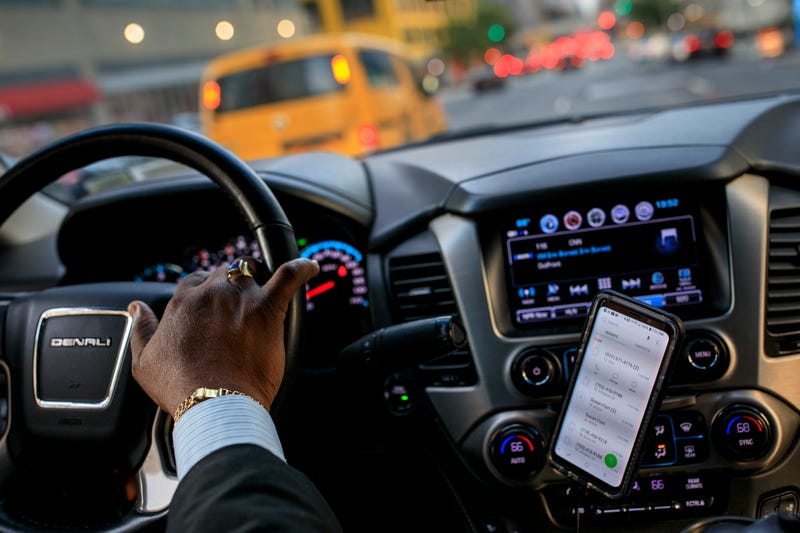
The Minnesota Senate Labor Committee heard testimony Tuesday about a bill that its authors say could provide more financial security for drivers who work with transportation network companies like Uber and Lyft.
Sen. Omar Fateh introduced the bill because he said too many of these drivers, while working as independent contractors, receive no workers compensation, varying levels of pay (that he says can change with no prior notice), no reimbursement for expenses, equipment, or even mileage, and the constant threat of being deactivated or fired by the companies.
Eid Ali has been a rideshare driver for eight years, and less than a year ago he helped organize the Minnesota Uber and Lyft Drivers Association to help fellow drivers advocate for protections that the bill could help provide.
“We decided to take this to the next level, which is here, and to ask for help for these drivers who are doing nothing but getting up early in the morning and going to work for their families,” said Ali.
Attorney and former Minnesota Commissioner of the Department of Human Rights Stephen Cooper represents the drivers in this effort and a similar effort to get Minneapolis City Council to enact a similar ordinance, and he spoke at Tuesday’s meeting, also.
“Uber has a very special situation that it wants to maintain at all costs,” Cooper told the panel. “(Drivers) have to buy the cars, they have to fuel the cars, they have to repair the cars, they have to maintain the cars. They have to buy all of the insurance for third parties. Uber doesn’t buy anything.”
Some Republican senators hedged against the proposal, instead trying to offer amendments to instead create driver and company commissions to study the issues.
“We think there is an opportunity to negotiate this,” said Joel Carlson, representing Uber at the hearing.” It is not going to happen now before deadlines, and maybe not in a month. This is a huge, huge change in policy.”
The bill passed out of the Labor Committee and will move on to the Commerce Committee.
